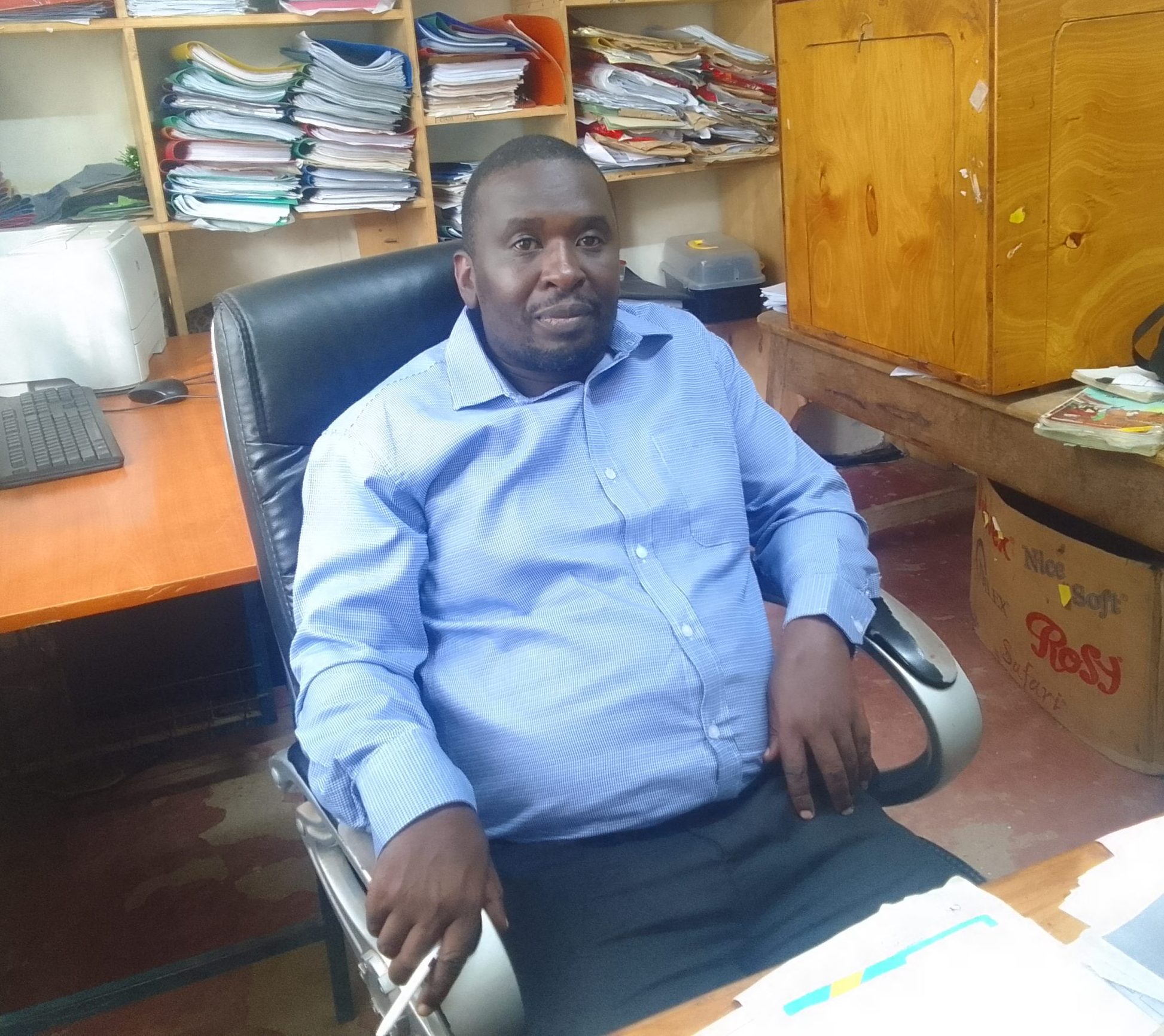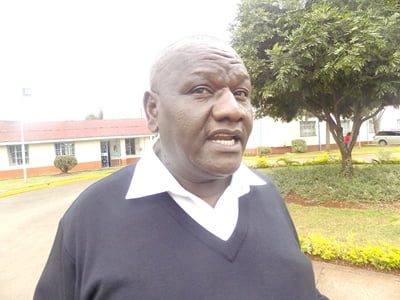The statement that my people perish for lack of knowledge comes from the book of Hosea in the Bible, and it carries a timeless warning. In its original context, it spoke of a nation that turned away from the knowledge of God and chose ignorance, rebellion and forgetfulness of His law. They perished not because God was unwilling to save them but because they rejected the truth that gives life. That statement rings true even today, yet the irony of the age we live in is that people may also perish not from lack of knowledge, but from too much of it. The human condition has not changed, but the times have, and with them the dangers that knowledge presents.
In the ancient world, information was scarce. The ordinary person depended on prophets, teachers or scribes to pass on wisdom and truth. Illiteracy was widespread, and books were rare. Knowledge was a treasure, and without it, people made choices in darkness. Ignorance gave rise to superstition, injustice, and idolatry. That is why Hosea lamented that God’s people were destroyed because they rejected knowledge of Him. But the twenty-first century has swung the pendulum to the opposite extreme. We live in the information age, surrounded by knowledge at our fingertips. The internet alone has collapsed the walls that once separated the wise from the ignorant. Anyone with a phone can access libraries, lectures, scientific discoveries and spiritual writings. Yet despite this, humanity still perishes, only this time not because of famine but because of a flood.
The tragedy of too much knowledge is that it overwhelms the capacity to discern. When everything is accessible, nothing seems authoritative. Truth and falsehood stand side by side, and the untrained mind struggles to separate one from the other. A person seeking guidance on health, morality or meaning is met with hundreds of voices, each claiming expertise. In the confusion, people either choose wrongly or give up the pursuit altogether. The danger is no longer the absence of knowledge but the excess of it, leading to paralysis or misdirection.
Another danger lies in the pride that knowledge breeds. When information is abundant, people assume they are wise simply because they know many facts. Yet wisdom is not the same as knowledge. Wisdom is the right application of knowledge, and without it, the abundance of information only feeds arrogance. Modern society often elevates the educated or the informed, but education without humility produces destruction. Technology shows this clearly. We know how to split the atom, how to alter genes, how to manipulate economies, yet often we lack the wisdom to use these abilities for the good of humanity. The result is not flourishing but destruction. People perish not because they are ignorant, but because they presume they know enough to be gods over their own lives.
There is also a spiritual dimension to this crisis. In the flood of modern knowledge, knowledge of God is often drowned out. People can list scientific theories, economic models and political philosophies, but they cannot explain the meaning of life or the hope beyond death. Information has displaced revelation. In pursuit of progress, people have neglected the truth that anchors existence. Just as the Israelites perished for rejecting the knowledge of God, so modern societies risk perishing for rejecting His wisdom in favour of human cleverness. Excessive knowledge has not satisfied the deepest thirst of the human soul. Instead, it has left many restless, sceptical and hollow.
The danger of too much knowledge is also evident in the moral sphere. Today, one can justify almost anything by appealing to some source of information. Knowledge is used selectively to excuse evil or to manipulate the weak. Propaganda, misinformation and half-truths flourish because people can always find something that sounds like authority. In the past, ignorance led to superstition; today, excessive knowledge leads to relativism, where every opinion is equal and truth is dismissed as subjective. When nothing is true, everything is permissible, and society disintegrates.
READ ALSO:
MoE, World Bank host final SEQIP safeguards training tomorrow for BoM, HoDs, and teachers
Yet even in this paradox, the solution remains the same as in Hosea’s time. What saves is not the absence or abundance of knowledge, but the right kind of knowledge. The knowledge that gives life is knowledge of God, a knowledge that produces humility, wisdom, discernment and love. Without this foundation, lack of knowledge and excess of knowledge both lead to perishing. One leads to destruction through ignorance, while the other leads to destruction through arrogance and confusion. The challenge of our age is therefore to seek not just information but truth, not just knowledge but wisdom, not just learning but understanding.
To navigate the age of information, humanity must return to the ancient truth that knowledge alone is not enough. Technology can inform, books can educate, and schools can enlighten, but only God’s wisdom can transform—knowledge without God blinds, but knowledge with God guides. The people of Hosea’s time perished because they lacked this wisdom. The people of today risk perishing because they think they no longer need it. Both errors are deadly.
In the end, the paradox is sobering. A person can perish because he knows too little, or because he thinks he knows too much. The famine and the flood are equally destructive. What matters is not the quantity of knowledge but its quality and its foundation. A society that treasures information but neglects wisdom will destroy itself. A people that worship knowledge but reject God will find that their abundance becomes their downfall. The call of Hosea echoes across the centuries with renewed urgency. My people perish for lack of knowledge, but they also perish for misusing the abundance of it. True life comes not from the many things we know, but from knowing the One who gives life and who teaches us how to use knowledge rightly.
By Ashford Gikunda
Ashford teaches English and Literature in Gatundu North Sub-county and serves as Dean of Studies.
You can also follow our social media pages on Twitter: Education News KE and Facebook: Education News Newspaper for timely updates.
>>> Click here to stay up-to-date with trending regional stories
>>> Click here to read more informed opinions on the country’s education landscape






